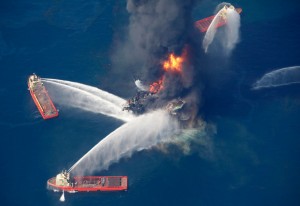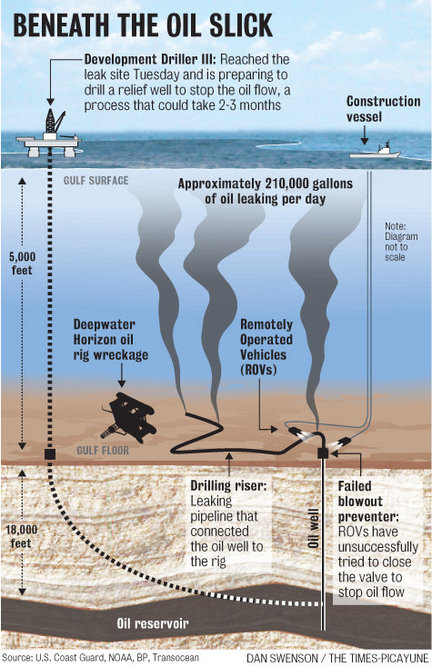
I watched Animal Planet while running on the treadmill today. You can’t help but smile when you watch pandas at play. But half the footage consisted of these dopey furballs falling on their heads or being taught to do things normal animals figure out on their own. They refuse to reproduce and then they’ve limited their diet to vegetation they can’t digest. They’re like an evolutionary dead-end. Only their über-cuteness saves them. I agree with the animal critics on NPR and I give them an F too.

